Sri Lanka blasts death toll rises to 290
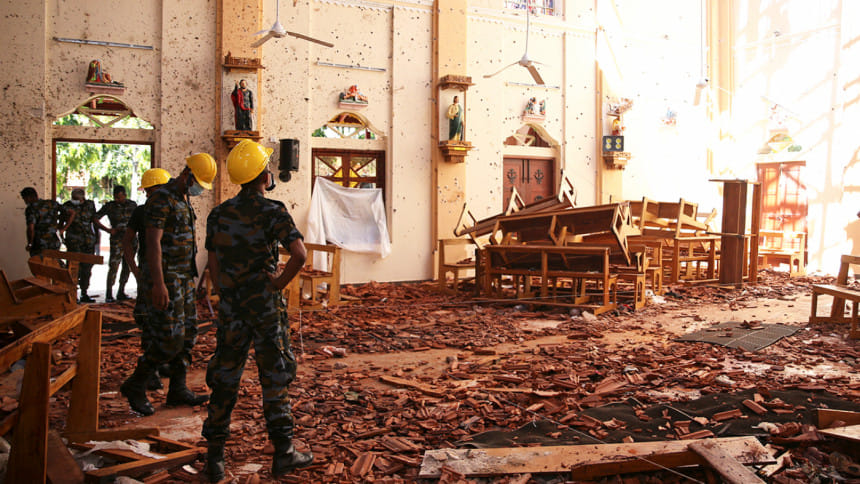
- Police say some of the eight bombings were suicide attacks
- Condemnations pour in from around the world
The death toll rose to 290 while about 500 were left wounded on Monday (April 22), a day after a string of bombings at churches and luxury hotels ripped through Sri Lanka, amid warnings that more attacks were possible.
There was still no claim of responsibility for the attacks on two churches and four hotels in and around Colombo, the capital of predominantly Buddhist Sri Lanka, and a third church on the country's north-east coast.
A government source said President Maithripala Sirisena, who was abroad when the attacks happened, had called a meeting of the National Security Council early on Monday. Prime Minister Ranil Wickremesinghe would attend the meeting, the source said.
Sri Lankan military who were clearing the route from Colombo airport late on Sunday in preparation for Sirisena's return found a homemade bomb near the departure gate, an air force spokesman said. They disposed of the device in a controlled explosion, the spokesman said.
There were fears the attacks could spark a renewal of communal violence, with police reporting late on Sunday that there had been a petrol bomb attack on a mosque in the north-west and arson attacks on two shops owned by Muslims in the west.
Sri Lanka had been at war for decades with Tamil separatists, but extremist violence had been on the wane since the civil war ended 10 years ago.
The South Asian nation of about 22 million people has Christian, Muslim and Hindu populations of between about 8 and 12 per cent.
The US State Department issued a revised travel warning that said "terrorist groups" were continuing to plot possible attacks. The warning level was set at two on a scale where four means do not travel.
The island wide curfew imposed by the government was lifted early on Monday, although there was uncharacteristically thin traffic in the normally bustling capital afterwards.
Soldiers armed with automatic weapons stood guard outside major hotels and the World Trade Centre in the business district, where the four hotels were targeted on Sunday, according to a Reuters witness.
Scores of people who were stranded overnight at the main airport began making their way home as restrictions were lifted.
The government also blocked access to social media and messaging sites, including Facebook and WhatsApp, making information hard to come by.
Wickremsinghe acknowledged on Sunday that the government had some prior information about possible attacks on churches involving a little-known Islamist group, but said ministers had not been told.
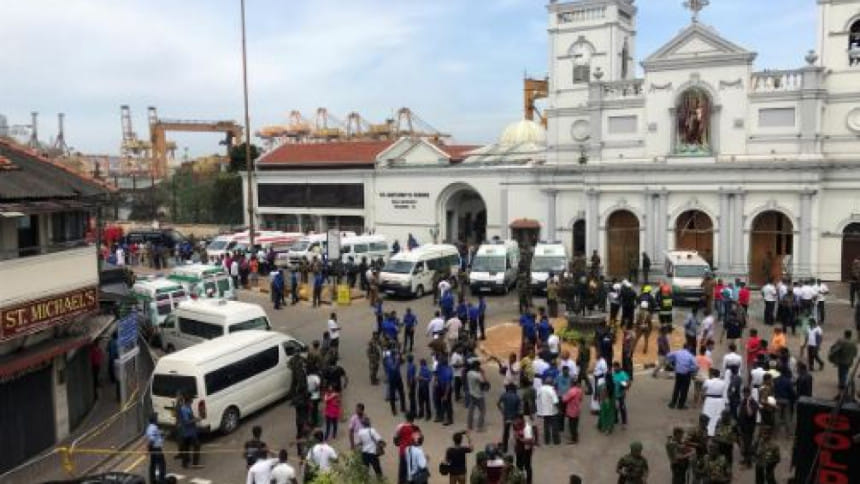
Sri Lankans accounted for the bulk of the 290 people killed and 500 wounded, although government officials said 32 foreigners were also killed. These included people from Britain, the United States, Turkey, India, China, Denmark, the Netherlands and Portugal.
A British mother and son eating breakfast at the luxury Shangri-La hotel were among those killed, Britain's The Telegraph newspaper reported.
One Australian survivor, identified only as Sam, told Australia's 3AW radio the hotel was a scene of "absolute carnage".
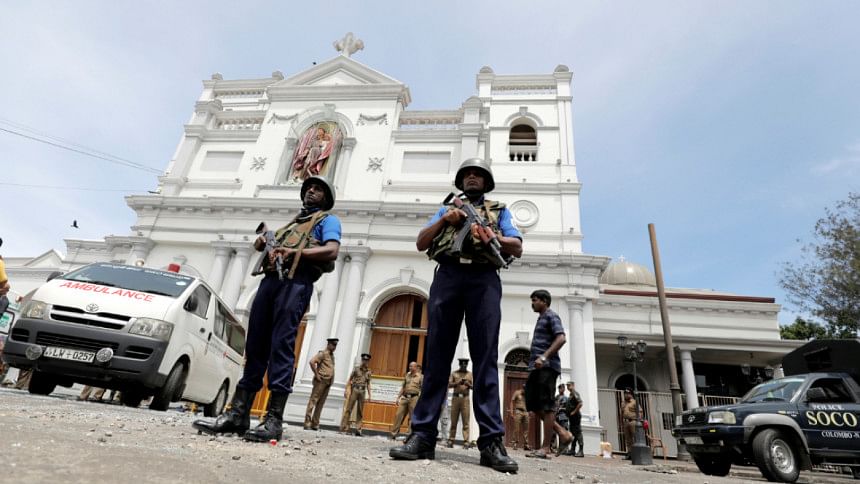
He said he and a travel partner were also having breakfast at the Shangri-La when two blasts went off. He said he had seen two men wearing backpacks seconds before the blasts.
"There were people screaming and dead bodies all around," he said. "Kids crying, kids on the ground, I don't know if they were dead or not, just crazy."
There were similar scenes of carnage at two churches in or near Colombo, and a third church in the north-east town of Batticaloa, where worshippers had gathered for Easter Sunday services. Pictures from the scene showed bodies on the ground and blood-spattered pews and statues.
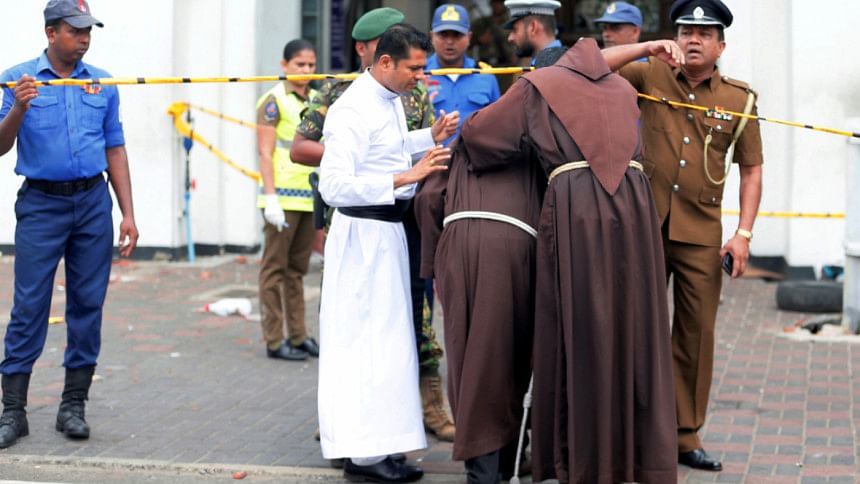
Dozens were killed in one of the blasts at the Gothic-style St Sebastian church in Katuwapitiya, north of Colombo. Police said they suspected that blast was a suicide attack.
Three police officers were also killed when security forces raided a house in Colombo several hours after the attacks. Police reported an explosion at the house.





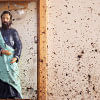




Comments